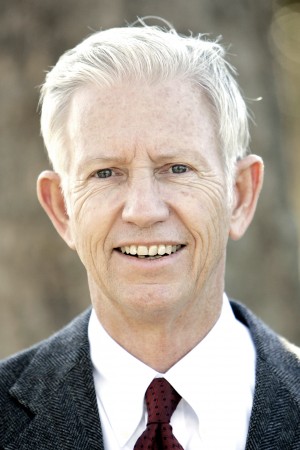Sunday Commentary: Davis Deserves An Honest and Civil Debate on the Future of Water

On September 6, 2011, the Davis City Council pushed through, by a 4-1 vote, water rates that were advertised to be 14% rate hikes. As it turned out, in order to get to 14% rate hikes, the consumer would have to reduce usage by 20% and thus, by any reasonable means, the actual cost per gallon would go up by a lot more than 14%.
Not only did a large number of people protest these rate hikes through the Prop 218 process, although they fell well short of the number needed to prevent the rate hikes, another group of people emerged with a signature process to put the rate hikes to a vote.

 Last week, in a provocative op-ed in the New York Times, Michelle Alexander, known widely as the author of “The New Jim Crow” which deals with the issue of the mass incarceration of large numbers of African-Americans, particularly on minor drug possession charges, weighs in on the issue of police officers lying under oath.
Last week, in a provocative op-ed in the New York Times, Michelle Alexander, known widely as the author of “The New Jim Crow” which deals with the issue of the mass incarceration of large numbers of African-Americans, particularly on minor drug possession charges, weighs in on the issue of police officers lying under oath.
 The Woodland-Davis water project was already dealing with one setback as Veolia withdrew from the bidding, and now the city has disclosed that on January 23, 2013 CDM and United Water sent a letter to Jim Yost of the project engineering firm West Yost Associates, informing them that they were withdrawing from the Davis Woodland Water Supply Design-Build-Operate (DBO) Project procurement process.
The Woodland-Davis water project was already dealing with one setback as Veolia withdrew from the bidding, and now the city has disclosed that on January 23, 2013 CDM and United Water sent a letter to Jim Yost of the project engineering firm West Yost Associates, informing them that they were withdrawing from the Davis Woodland Water Supply Design-Build-Operate (DBO) Project procurement process. It is hard to picture a council that was more demoralized and stunned than on Tuesday night, as they were delivered the report on the road pavement maintenance and the astronomical costs.
It is hard to picture a council that was more demoralized and stunned than on Tuesday night, as they were delivered the report on the road pavement maintenance and the astronomical costs.






